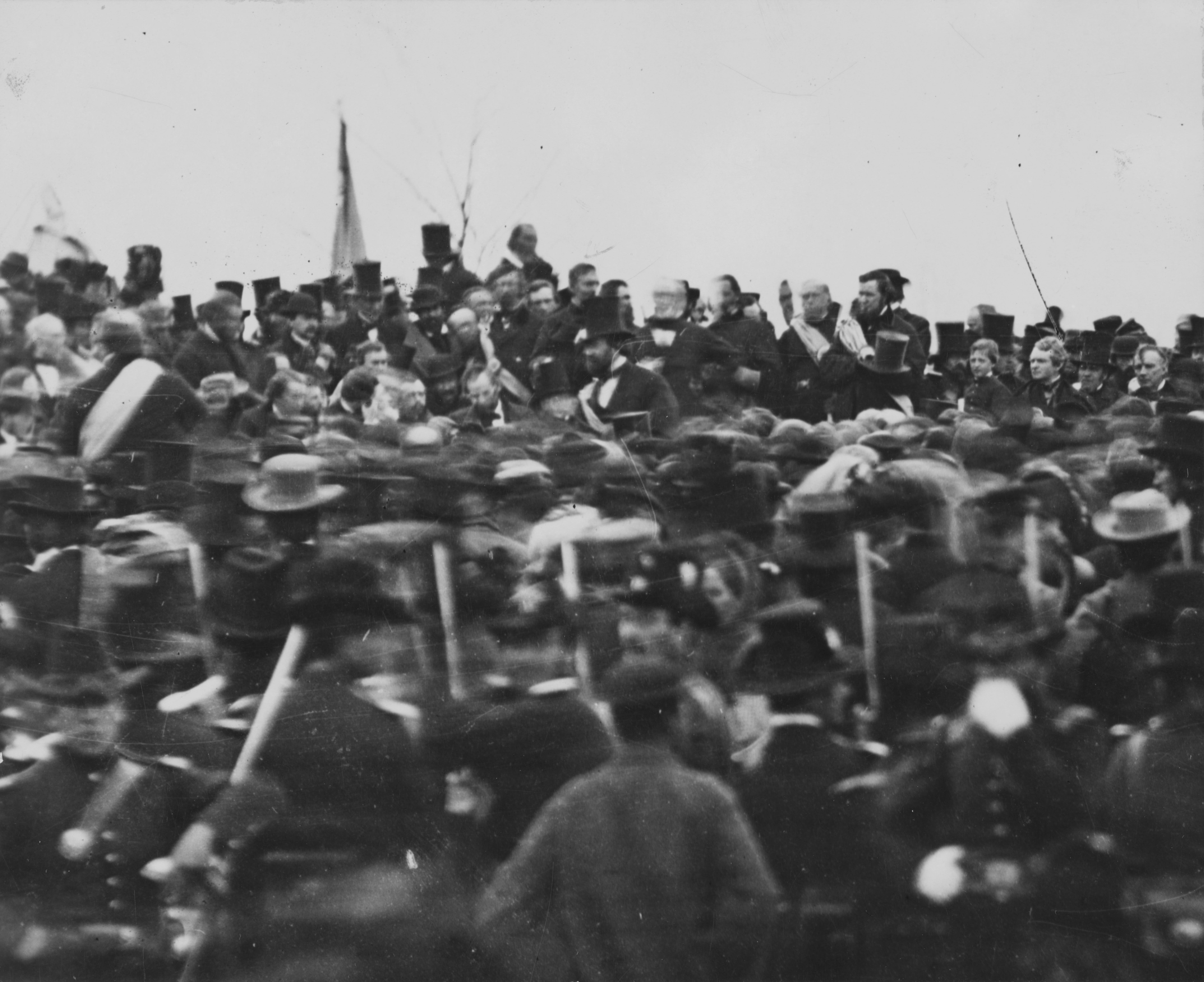
I saw the new Thor movie, Thor: The Dark World, this weekend, and I suppose I ought to review it. I find it hard to express an opinion, because I can’t find much handhold. It’s not that I didn’t enjoy it – I had a good time. I was well entertained. But I’m left without any strong impression. Lots of action, lots of CGI, lots of interesting visuals (some locations shot in Norway’s Lofoten Islands), but I came away with no great emotional response.
One problem is the clearly contrived nature of the central problem of the plot. Long ago, the Dark Elves (who, I must admit, look more like elves than the Jotuns looked like jotuns in the first movie) fought a great war against the Aesir gods, and were ready to unleash their doomsday weapon, called Aether, which is supposed to have the power to destroy the whole universe. But the gods forestalled them by some stratagem I didn’t quite understand, and now the Aether is locked away in a secret place. But a dark elf named Malekith (Christopher Eccleston) has recently re-awakened, and is plotting to reclaim the Aether, in a plan that comes to involve Jane Foster (Natalie Portman), Thor’s (Christ Hemsworth’s) love interest from the last movie. There’s a big attack on Asgard, and Thor defies his father Odin (Anthony Hopkins) in a desperate gamble to defeat Malekith.
One part I did enjoy was how the sibling rivalry issues were portrayed in Thor’s relationship with his adopted brother Loki (Tom Hiddleston), who is first of all a prisoner, but then enters into a desperate alliance with Thor. I was troubled by the killing off of a couple important characters, which messes with the source material (both mythical and comic book).
When all was said and done, I didn’t come away with any feeling that the movie had transcended its sources, as I did with the first movie.
So I recommend it, but not in the highest terms. Cautions for lots and lots of comic book violence.
Like this:
Like Loading...





